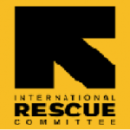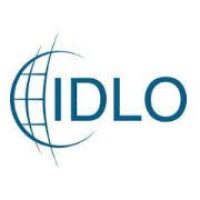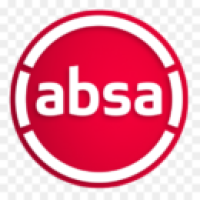Deliverables
- Inception Report and Urban Refugee Livelihoods Needs Assessment
A detailed inception report outlining the consultant’s understanding of the assignment, methodology, timeline, and execution plan including data collection tools, target respondents, thematic areas, and stakeholder engagement.
This will be followed by a comprehensive Urban Refugee Livelihoods Needs Assessment Report presenting findings on barriers, gaps, and opportunities for urban refugees and host communities in Kampala, with practical recommendations aligned to IRC’s five urban livelihood pillars.
- LRC Assessment and Strategic Framework
A standalone Assessment Report on the Livelihood Resource Center (LRC), covering its current services, capacity, performance, and visibility. This includes actionable recommendations to position the LRC as a Center of Excellence for refugee livelihoods and climate-resilient self-reliance.
Additionally, a detailed Strategic Framework and Plan will be developed, outlining both administrative and programmatic directions for the LRC, including service models, staffing, partnerships, sustainability, and monitoring mechanisms.
- Urban Program Integration and Skilling Review
A consolidated report reviewing IRC’s urban programs (Re: BUiLD , Kulea Watoto) to identify gaps, overlaps, and integration opportunities. It will also include an assessment of the “Pata Pesa Ukiwa Ujuzi” (Earn as You Learn / Skilling on the Go) model, with strategies for scaling and mainstreaming the methodology across urban livelihood initiatives to enhance income-generation and employment outcomes.
- Urban Livelihoods Position Paper and Final Presentation
A well-structured Position Paper outlining strategic direction, programming models, and coordination pathways to strengthen IRC’s urban livelihoods work while amplifying the visibility and role of the LRC.
A Final Consolidated Report integrating all findings and recommendations will also be delivered, alongside a presentation slide deck summarizing key insights for IRC’s Senior Management and technical teams.
Methodology
The consultant is expected to adopt a pragmatic approach in conducting the study and development of the position paper to minimize the significant waste of time in back-and-forth reviews. The methodology should highlight how each of the above components of the TOR will be addressed.
Budget
The consultant will be expected to present a budget covering both professional fees and field expenses.
Consultant Responsibilities and Reporting Structure
The consultant will collaborate with the Urban Program Managers and Coordinators and will report to the Economic Recovery and Development (ERD) and Monitoring, Evaluation, Accountability, and Learning (MEAL) Coordinators throughout the course of the study. This ensures sufficient support for the successful execution of the key activities outlined below:
1. Conducting a Needs Assessment for Urban Refugees
To identify the specific needs and challenges that urban refugees face to effectively exploit economic opportunities within the Kampala urban environment.
2. Conducting economic opportunity assessment
To determine viable economic opportunities and potential business enterprises that urban refugees can pursue to improve their livelihoods and achieve financial self-reliance.
3. Developing a position Paper on Urban Programming Strategy
To develop a detailed position paper outlining the strategic approach IRC should adopt for its urban programming, ensuring alignment, adaptation, and effective delivery of its urban programming goals.
Minimum Qualifications:
Consultant qualification and experience
The consultant must demonstrate a strong understanding of refugee programming, expertise in conducting field studies, and experience in urban refugee programming. Additionally, the consultant should possess excellent report-writing and project-development skills.
Confidentiality of Information
All materials, data, content and output associated with this assignment will be the property of IRC and will be treated as confidential and used solely to facilitate analysis. The respondents will not be quoted in the reports without their permission.










